Liver fluke
Discussions on liver fluke at the Irish Farmers Journal mart demos, supported by FBD, are raising lots of questions with many relating to product choice and if there is a benefit in using combination products that also cover worms or rumen fluke.
There is no need to treat ewes in good condition for worms. Doing so will only serve to increase the risk of resistance developing which will have grave implications in reducing the range of active ingredients available for use on your farm. The focus at present should be on selecting a flukicide that kills at least immature and mature worms with acute fluke the greatest risk.
Factories report a significant rise in the incidence of livers showing up with active liver fluke or damaged livers leading to liver condemnations. There is significant variation between regions and even within regions depending on land type. Faecal egg counts are not a good tool to identify liver fluke at this stage of the year. As such, treatment should take into account the history of disease on the farm while following up on the liver status of any sheep leaving the farm for slaughter is also an excellent aid.
As well as being a major loss to the industry the presence of liver fluke can impair performance and increase the risk of mortality. Typical treatment intervals for farms with a moderate risk are every eight weeks with this reduces to five to six weeks where there is a particularly high risk.
Regarding the need to treat for rumen fluke, the advice is that sheep should only receive treatment for rumen fluke where there are clinical signs of disease or if it has been diagnosed through faecal egg counts or through post mortem at levels to warrant treatment.
Ram lamb management
A major constraint to ram lambs fulfilling their potential is compromised performance over their first winter. Ram lambs, and any ram which has lost significant condition during mating, should receive preferential treatment if required post breeding to ensure they get back on track quickly. Access to good-quality grass will be getting limited and as such concentrate supplementation can be used strategically. Even a low level of feeding in the region of 0.3kg to 0.5kg will help. A 25kg bag of ration will last 50 days if offered at 0.5kg per day and is a worthwhile cost to protect your investment.
Hill flock breeding
The focus in hill flocks should remain on ensuring there are no fertility issues in rams. Raddling rams after the first cycle is a practice used by some to identify a high repeat rate where regular raddling is not readily feasible, while changing rams between groups where single sire mating will provide a safeguard.
Mart events: The last Irish Farmers Journal sheep mart event supported by FBD takes place in Inishowen Livestock Mart, Carndonagh, Co Donegal on Thursday, 5 December. Free health checks take place from 5pm until the event starts at 7pm. Topics covered include winter feeding of ewes, health protocols including liver fluke, lameness and worms along with a scheme and market update.



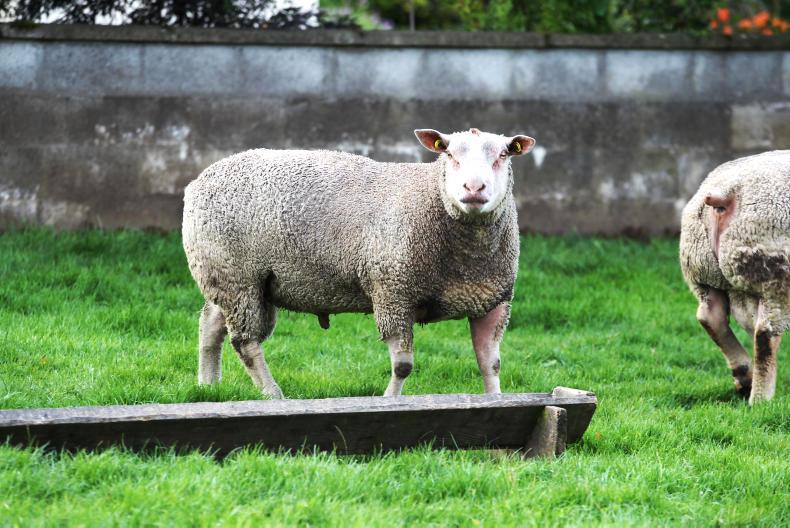

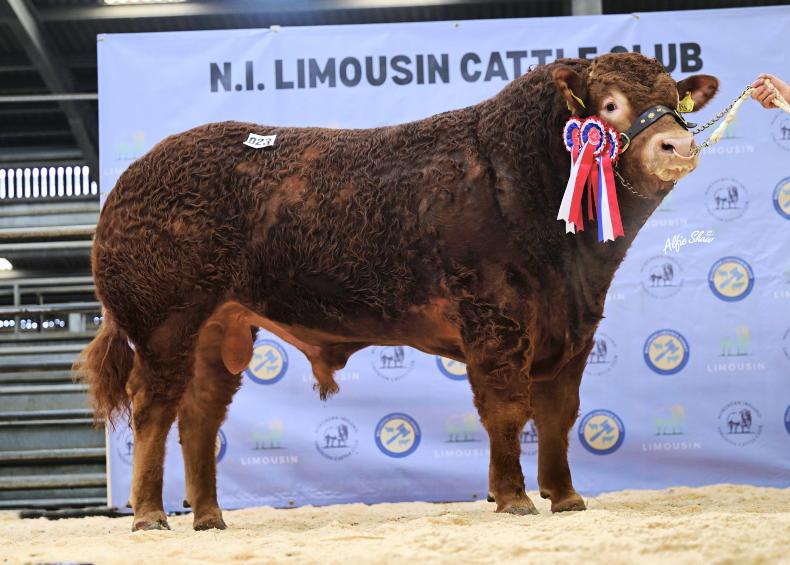
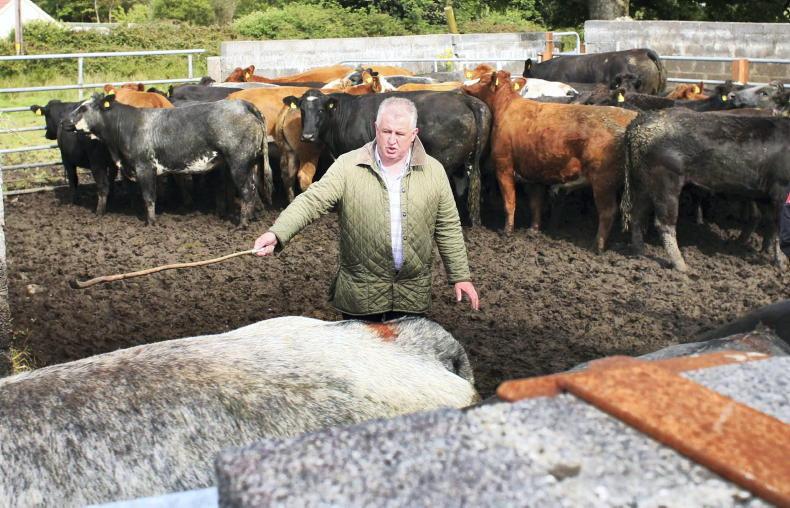
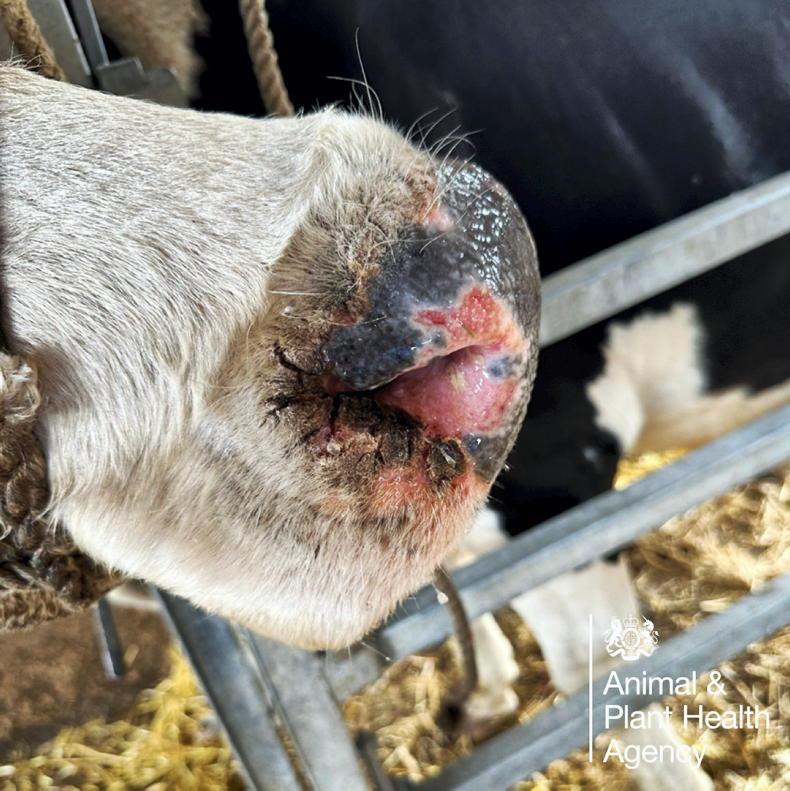
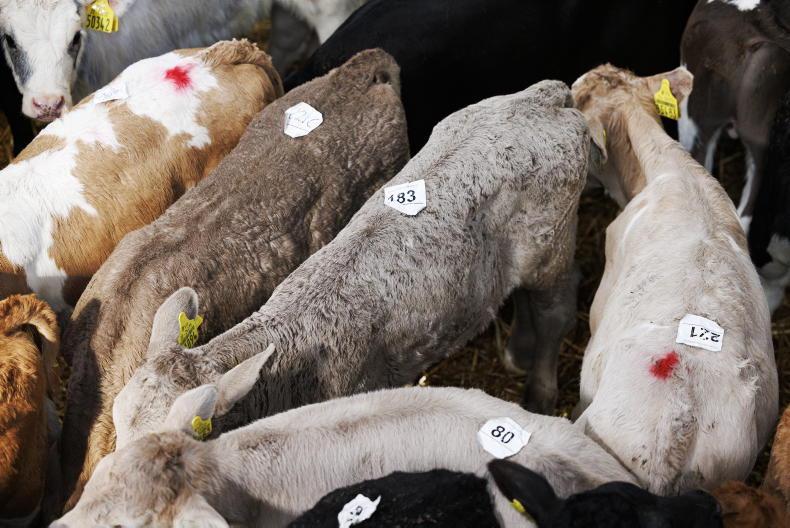
SHARING OPTIONS